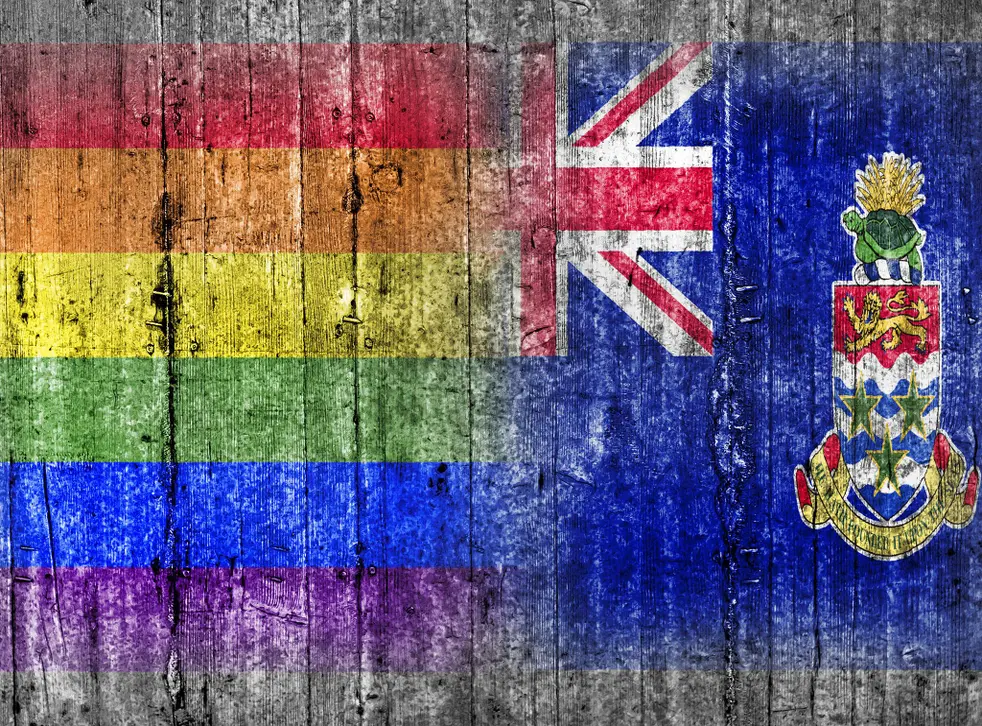In a recent Privy Council decision – Day v Governor of the Cayman Islands [2022] UKPC 6 – it was held that the Bill of Rights and the Constitution of the Cayman Islands could not be read to include a right for same-sex couples to marry. That reading mirrored the intention of the original constitution and, presumably the social mores of the country, but how does a Court actually interpret a constitution, and what role does human rights play in such cases?
The appellants, two women in a committed relationship, had applied for a special licence to marry but were refused because same-sex marriage was not permissible. The preamble to the Constitution stated that the people of the Cayman Islands affirm their intention to be a God-fearing country based on traditional Christian values. The Bill of Rights (one part of the Constitution) stated, at s.14(1), that the Government shall respect the right of every unmarried man and woman of marriageable age (as determined by law) freely to marry a person of the opposite sex and found a family.
The appellants successfully sought judicial review of that decision, but the Court of Appeal overturned it, concluded that s.14 did not cover same-sex marriage. It also found that the Government’s failure to provide a civil partnership for same-sex couples was a breach of the appellants’ rights under s.9 of the Bill of Rights concerning private and family life. A new law was introduced, allowing couples (including same-sex couples) to enter into a civil partnership. The appellants now submit that ss.9 (private and family life), 10 (freedom of religion), 14 (marriage,) and 16 (non-discrimination) of the Bill of Rights should be read as including a right for same-sex couples to marry.
Dismissing the appeal, the Privy Council held that the Bill of Rights constituted part 1 of the Constitution, and was a specific legal instrument that fell to be interpreted in its particular context and as a coherent, internally-consistent whole. The Court of Appeal had correctly directed itself regarding the principles of construction of the Constitution and the Bill of Rights. In particular, s.14(1) was a lex specialis, dealing with the right to marry, and under that doctrine, if two laws govern the same factual situation, a law governing a specific subject matter (lex specialis) overrides a law governing only general matters (lex generalis). That right was confined to opposite-sex couples, and ss. 9, 10 and 16 had to be interpreted in the light of that lex specialis. Thus, none of them could establish indirectly by implication a right to marry that was not directly set out in the express provision in the Bill of Rights.
The principle that a constitution was a “living tree capable of growth and expansion within its natural limits” was only capable of extending meaning in line with changing practices and understanding where the language used in the relevant constitutional provisions could reasonably be said to bear a particular meaning. The right to marry in s.14(1) had been drafted in highly specific terms to make it clear that it was a right “freely to marry a person of the opposite sex”. That language had been used to emphasise the limited ambit of the right and to ensure that it could not be read as capable of covering same-sex marriage. The reference to “traditional Christian values” in the preamble to the Constitution and to “the distinct history, culture [and] Christian values” in s.1(2)(a) of the Bill of Rights reinforced the point. Further, the jurisprudence of the European Court of Human Rights supported the above interpretation of the Bill of Rights and the Constitution, although that did not prevent the Legislative Assembly from introducing legislation to recognise same-sex marriage.
Same-sex marriage and civil partnerships are allowed in UK Law, by virtue of statutes that were passed to comply with the case law of the European Court of Human Rights (Marriage (Same-Sex Couples) Act 2013 and Civil Partnership Act 2004). That does not always allow the couple to get married in a church of their choice, but the law satisfies the UK’s obligations under the ECHR. Thus, although there is an obligation to ensure that same-sex couples have available a specific legal framework providing for the recognition and protection of their unions, Article 12 (right to marry) did not impose an obligation on the government to grant same-sex couples access to marriage (Oliari v Italy (2017 65 EHRR 6).
Thus, whether there is formal a right to marry in a particular state depends on whether the domestic law, including the constitution allow it. In Day, the Privy Council used established principles of interpretation, the express words in the constitution and the constitutional values of that Constitution to decide that same-sex couples cannot marry. Such a finding is in line with the intention of the Constitution and not in breach of international law, and couples will need to wait for a change in social and political acceptance to acquire further rights.

Dr Steve Foster
Associate Professor of Law
You can find out more about Steve’s research through his Pure profile, which sets out his research interests, publications, and contact details. You can also find out more about Coventry University’s research through our dedicated research page

